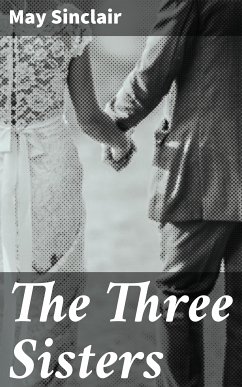May Sinclair's "The Three Sisters" delves into the intricate dynamics of familial relationships against the backdrop of early 20th-century England. Written with a fluid, introspective style, the narrative explores the lives of three sisters, each representing distinct approaches to love, ambition, and societal expectation. Sinclair masterfully employs stream-of-consciousness techniques to illustrate the internal struggles of her characters, creating a rich tapestry of emotional depth and psychological insight. The book also reflects the emerging themes of feminism and individualism that characterized modernist literature during this period, placing it within the broader context of shifting gender roles in society. May Sinclair, a prominent figure in the modernist movement, was a prolific writer with a keen interest in psychology and women's issues. Her own experiences growing up in a Victorian household likely influenced her portrayal of the sisters' struggles for identity and independence. Sinclair's multifaceted career, which included involvement in feminist circles and exploration of psychological concepts, equipped her with the unique perspective necessary to navigate the complexities of her characters'Äô lives, ultimately weaving a narrative that speaks to the heart of human experience. This insightful work is recommended for readers interested in the interplay of family dynamics, societal norms, and personal aspirations. Sinclair'Äôs nuanced characters and innovative narrative style make "The Three Sisters" not only a compelling read but also a significant contribution to feminist literature. Engaging with this text offers not only enjoyment but also profound reflections on the nature of sisterhood and self-identity.
Dieser Download kann aus rechtlichen Gründen nur mit Rechnungsadresse in A, B, BG, CY, CZ, D, DK, EW, FIN, F, GR, H, IRL, I, LT, L, LR, M, NL, PL, P, R, S, SLO, SK ausgeliefert werden.









